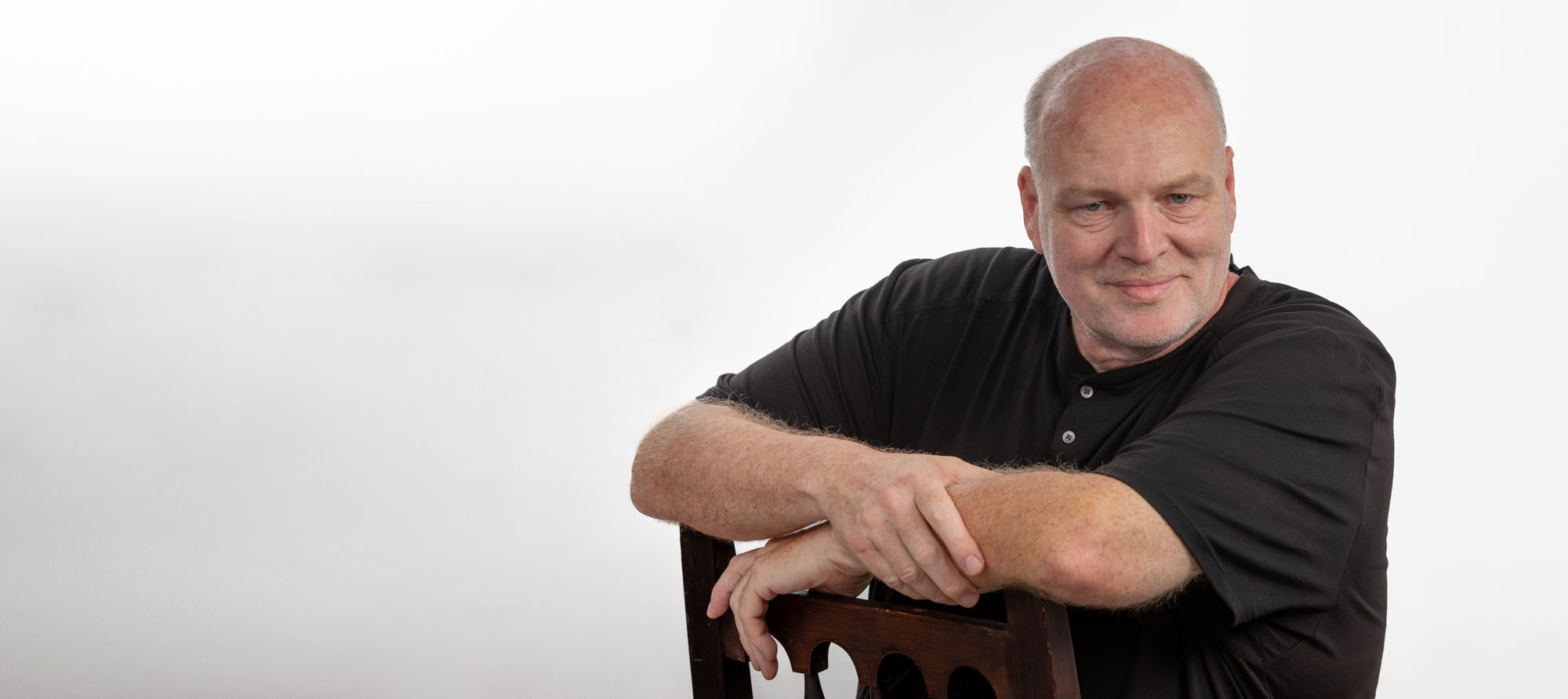Well well, the age-old question of mathematics and its relation to reality has been posed once again! And who better to tackle it than Detective Pux, the philosophical detective on the case.
So, does 1+1 always equal 2? On the surface, it may seem like a straightforward answer, but let's dive a little deeper.
In the world of mathematics, 1+1 is indeed equal to 2. This is a basic tenet of arithmetic, and has been proven time and time again through countless mathematical equations and formulas. So, in a sense, you could say that 1+1 will always equal 2 in the realm of mathematical theory.
However, when we move away from pure mathematical theory and into the real world, things start to get a little more complicated. You see, the real world is messy, unpredictable, and full of variables that can impact the outcome of any equation or calculation. In this sense, 1+1 might not always equal 2.
For example, consider the following scenario: you have two apples, and you want to add another apple to the mix. If you simply say that 1+1=2 apples, then you would only have two apples, not three. In this real-world scenario, 1+1 actually equals 3.
So, what does this all mean for our original question? Well, it simply means that the answer is not as straightforward as it may seem. 1+1 will always equal 2 in the abstract world of mathematics, but in the real world, things are a little more complicated. The answer to the question "Does 1+1 always equal 2?" ultimately depends on the context in which the calculation is being made.
Now, let's add a dash of Detective Pux's signature humor to the mix. Imagine a magician performing a trick on stage where they make two apples disappear and reappear as one, thus proving that 1+1 can equal 1. Or, a scientist who insists that 1+1 can equal 10^100 if we're talking about the number of atoms in the universe! The possibilities are endless, and that's the beauty of it all.
In conclusion, the answer to the question "Does 1+1 always equal 2?" is both yes and no. It's a paradoxical answer, but that's what makes it so fascinating. The real answer lies somewhere in the intersection of mathematical theory and real-world practicality, and it's up to each individual to decide where they fall on this spectrum.
